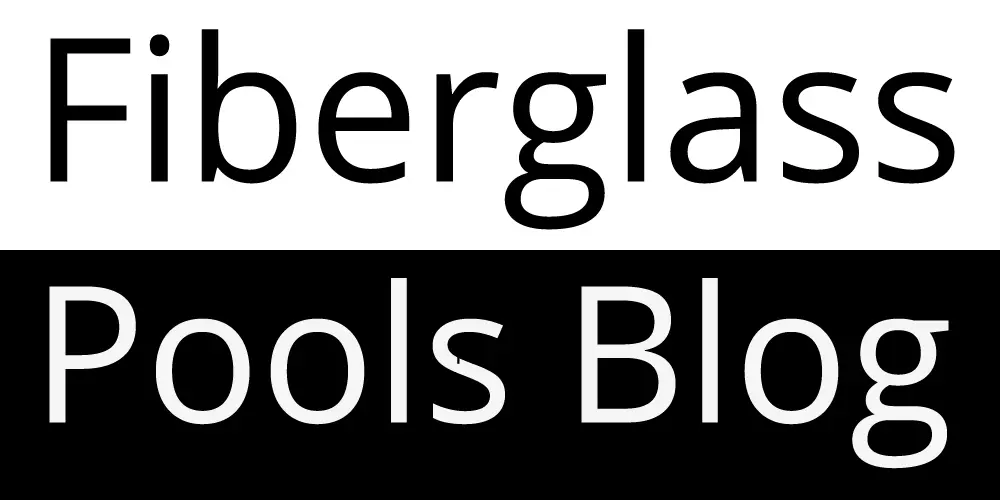Above ground fiberglass pools have become a popular subject in the swimming pool industry, sparking curiosity among homeowners and pool enthusiasts. In this detailed guide, we will explore the nuances of installing fiberglass pools partially or fully above the ground, considering the design possibilities, reasons, and implications.
In This Article:
Can Fiberglass Pools Be Installed Above Ground?
Fiberglass pools can be installed partially above ground, with customizations that can allow up to 18 inches of the shell to be exposed. However, an entirely above-ground installation without support is not feasible.
Standard Installation Methods
A standard fiberglass pool is intended for fully inground or partially above-ground installation. Typical above-ground pools are not fiberglass shells but consist of steel wall panels and supports.
Customized Above-Ground Installation
Manufacturers can enhance the fiberglass pool's structure by reinforcing it with more fiberglass and supports. This modification enables more of the shell to be installed above ground, up to a limit of 18 inches, with a framed deck at the top level.
Reasons for Installing Fiberglass Pools Above Ground
Understanding why homeowners opt for above-ground installation provides insights into their needs and concerns. Here are four common reasons:
1. Perceived Cost-Effectiveness
Contrary to popular belief, installing a fiberglass pool partially or fully above the ground does not necessarily lead to significant savings. The reduction in backfill material and the elimination of concrete for the patio are usually offset by the increased cost of framed decking. Therefore, the perceived financial advantage might not be accurate.
2. Concerns About Flooding
In flood-prone areas, elevating a fiberglass pool may appear as a precautionary measure. This method can be effective in preventing the pool from floating during a flood if properly anchored with a cantilevered concrete patio.
3. Integration with House Levels
Aligning the pool deck with a higher level of the house might necessitate an above-ground installation. In such cases, custom-built structures and additional retaining walls are needed to ensure that no part of the pool is more than 18 inches above grade.
4. Hillside Construction
When building a pool on a hillside, leaving the downhill side exposed can be aesthetically pleasing and functional. It requires erosion control measures like mulch, stone, or plantings to secure the backfill material and hillside.
Conclusion: Finding the Perfect Above Ground Fiberglass Pool
When considering building an above-ground fiberglass pool, it is vital to understand the construction methods, reasons, and implications. While it may be feasible to install a pool partially above the ground, an entirely on-ground installation without support is not recommended.
For the strongest fiberglass pool, a shell in the ground with proper gravel backfill and a cantilevered concrete bond beam offers the best stability.
If you have further inquiries about fiberglass pools or want professional assistance on your pool journey, please feel free to reach out to us.
